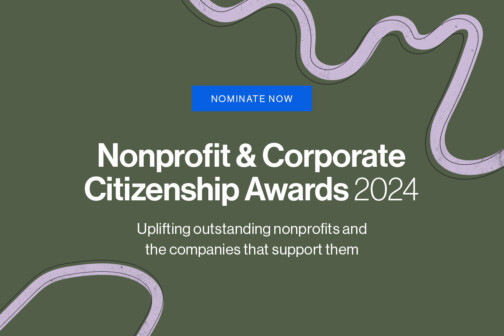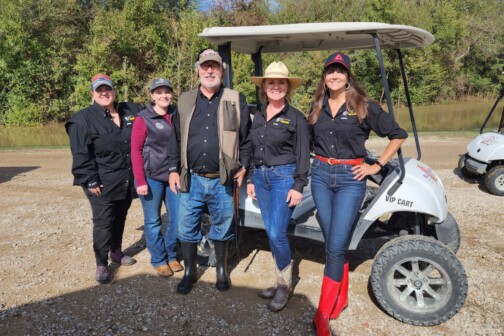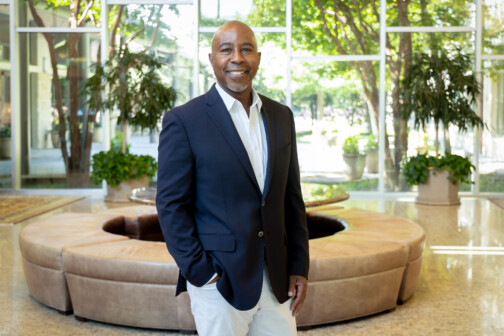Last fall, Irving-based healthcare sharing ministry (HCSM) OneShare Health announced that it had covered $114 million in medical costs and expenses for its members. The milestone is another data point in the growing popularity of the HCSM movement North Texas and beyond.
Texas has more uninsured people than any other state and has the largest rate of uninsured individuals in the country by a significant margin. For those in the gig economy, who run small businesses, or don’t get insurance through their work, HCSMs have become a viable option, offering help with medical expenses while embracing the religious beliefs of its members. Texas’s massive uninsured population and significant Christian presence have been fertile ground for HCSMs.
Because these plans are not held to the same standards as health insurance, they are often more affordable than traditional plans. Members pool their money via contributions and can put a sharing request when expenses come up. If the program guidelines are met, the ministry helps to pay the bill to the provider.
OneShare CEO Jeff Gary came from a background in leadership with large health insurers and found the nonprofit to be a unique combination of his faith and profession. “The members consist of like-minded people who share a common set of religious beliefs and commit to treat their bodies according to their faith and to embrace a healthy lifestyle,” he says.
But several states have taken legal action against some HCSMs, including Texas. In 2019, the Lone Star State’s department of insurance filed a lawsuit against Aliera Healthcare and was granted a temporary restraining order against the organization, which signed an agreement to not accept any new business in the state after customers were left with unpaid bills. Aliera says it is working with the state to resolve the issue.
Texas also has taken aim at the aggressive marketing of some HCSMs, some of which use call centers that allegedly misled consumers. Other states have sent warnings about HCSMs, noting that they do not guarantee payment for services and that coverage does not have to meet any Affordable Care Act consumer protections.
HCSMs even received lengthy treatment from political commentator John Oliver, who asked questions about different ministry’s morality clauses and the potential for losing coverage because of behavior against the ministry’s rules.
The Texas Medical Association has also weighed in on HCSMs, noting that pre-existing conditions can also be a problem. A Texas otolaryngologist noted that one ministry had denied coverage for a child’s ear tube surgery because of a pre-existing condition. “They looked back at the history, and they were basically telling us that if the child had ever had an ear infection prior to them being covered under this program, that they were denying the procedure as being due to a pre-existing condition,” the physician told TMA. Children are usually prescribed ear tubes because of repeat ear infections.
Other physicians appreciate the streamlined process and not having to deal with insurance companies, and say that they can be a good fit for some. A Fort Worth physician who is a member of an HCSM told TMA the ministries are “a huge benefit in the face of these high-deductible, no-coverage, quasi-catastrophic plans.”
OneShare is still in startup mode, Gary says, but HCSMs are becoming a force to be reckoned with. According to the Alliance of Health Care Sharing Ministries, more than 144,000 Texans are members of an HCSM, double that of any other state. Nationwide, $2 billion of medical costs were covered in 2020 across 1.5 million members.
OneShare has members in nearly every state, though most are in Texas. Gary thinks the program’s growth is about faith and flexibility. “We integrate body and soul. Members receive prayer and encouragement along with financial support from other members and our staff,” he says. “It’s a combination of the spiritual component and the low-cost comprehensive option. People are looking to combine spirituality and healthcare needs, and I think that’s a winning proposition.”
Like other HCSMs, OneShare members do not have a contract with the ministry to pay for specific needs, and there is no guarantee that a need will be met. Members must also sign a statement of faith.
DSG Benefits Group President David Goldfarb says that these sorts of plans can work, but he worries about what could happen if the plan doesn’t cover what is requested and the person cannot get coverage elsewhere. “The person could be in real big trouble because you’re prevented from treating it like a qualifying event and don’t have the ability to go to healthcare.gov and get help,” he says. “You’ve got to wait until the annual open enrollment.”
But Goldfarb has seen HCSMs be successful, too. “I have colleagues in other markets that embedded the healthcare sharing model into an employee benefits program with direct primary care as a cost-effective solution,” he says. “That’s better than nothing—as long as there’s full disclosure.”
These plans aren’t an excellent fit for large employers whose employees might not share the same religious beliefs, Goldfarb says. And they can’t be counted on for an expensive medical bill or ongoing specialty medications that can run tens of thousands of dollars a month.
Despite the drawbacks, HCSMs are growing, and Gary thinks it is only the beginning. He says the Health Care Sharing Ministry Alliance is working to create an accreditation program to make sure there are no bad actors in the space.
On the home front, he says OneShare is expanding its marketing and education teams to get the word about the organization’s plans. It is looking to partner with other nonprofits that might be searching for a way to offer their employees or members some health coverage and are hoping to connect with small mom-and-pop employers.
“The industry is ready for extreme growth,” Gary says.
Get the D CEO Healthcare Newsletter
Author






